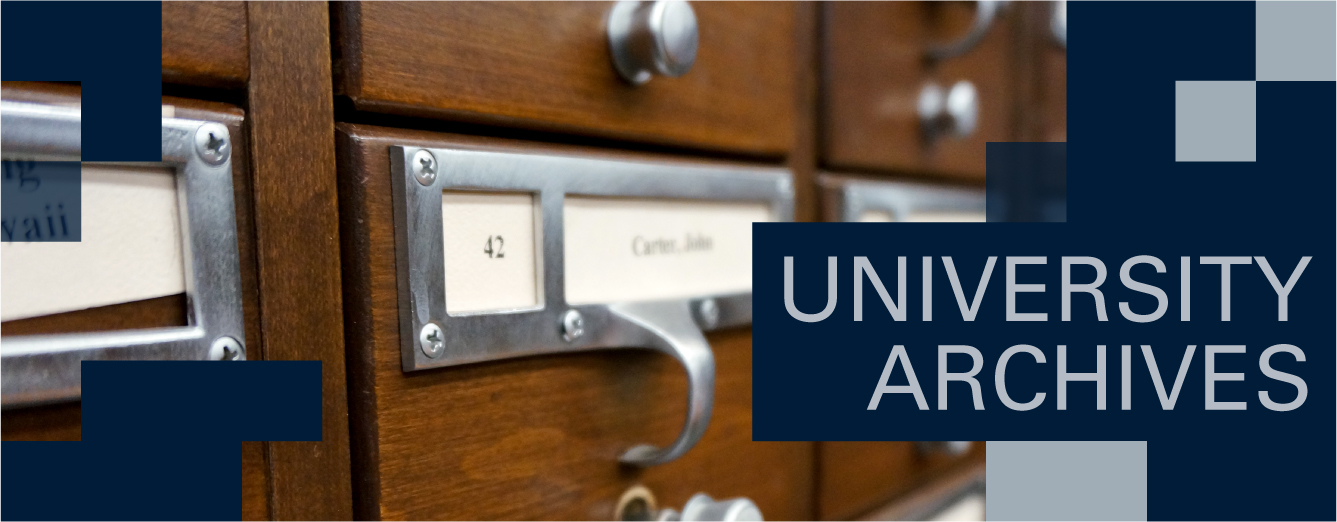Files
Download Full Text (11.8 MB)
Download Foreword- Francis Galey (136 KB)
Download Documenting Your Teaching: An Introduction- Sylvia Read (425 KB)
Download Acknowledgments- Maria Luisa Spicer-Escalante and Cathy Ferrand Bullock (152 KB)
Download Teaching Documentation- Alan Blackstock (257 KB)
Download Teaching Documentation- Sergio Bernal (595 KB)
Download Teaching Documentation- Cathy Ferrand Bullock (953 KB)
Download Teaching Documentation- Katherine M. Chudoba (694 KB)
Download Teaching Documentation- Michael A. Christiansen (1.6 MB)
Download Teaching Documentation- Travis Dorsch (971 KB)
Download Teaching Documentation- Lianna Etchburger (1.4 MB)
Download Teaching Documentation- Paul R. Grossl (916 KB)
Download Teaching Documentation- Kelsey Hall (640 KB)
Download Teaching Documentation- Wayne O. Hatch (742 KB)
Download Teaching Documentation- Scott L. Hunsaker (846 KB)
Download Teaching Portfolio- Kimberly Lott (1.2 MB)
Download Teaching Documentation- Sylvia Read (1.1 MB)
Download Teaching Documentation- Maria Luisa Spicer-Escalante (1.0 MB)
Description
The nation's land grant institutions were founded on the principle of access for the general public to the knowledge gained through research and creative activity fostered in higher education. Central to our access mission is our dedication to teaching and learning that is informed by research and discovery, both of which must result, at least in part, from our engagement with our external constituents. That teaching and learning informs our research and vice versa; our research informs and aids in our teaching mission.
This work, compiled by Professors Maria Luisa Spicer-Escalante and Cathy Ferrand Bullock, is focused on how the best, highly informed teaching is accomplished when done in an intentional manner. That intentional process helps the best university educators thoughtfully build their teaching story in an organized manner. Educators think about how they can successfully reach and engage their appropriate student audiences (or mentees), what they hope to accomplish, and how they intend to accomplish their goals. Further, as learning outcomes are identified and established, first-rate methods for course design, content inclusion, and continuous improvement can be outlined.
Those of us who follow these intentional principles may then detail our growth and success along the way as teachers in the development of documents that tell our stories. Undoubtedly, the ability to clearly document and articulate that story will help academic personnel add to their tenure and promotion preparation in a very meaningful way. But as or even more important is the opportunity to describe these journeys with all the efforts, large and small, of improving their product in terms of learning outcomes and student growth and success.
The nuggets of wisdom compiled by Professors Spicer-Escalante and Bullock, in USU Teaching Documentation: Dossiers from the Mentoring Program, will help teachers across the board from the new lecturer or assistant professor to the experienced professor dive into their teaching programs and find ways to continuously experiment and refine their approaches to our critically important student audiences.
Good luck, teach on, and successfully document some of the most important work you all do!
Frank Galey
Executive Vice President and Provost
Utah State University 2019
Publication Date
2019
Publisher
Utah State University
Keywords
USU, teaching documentation, dossiers, mentoring program, public knowledge
Recommended Citation
Spicer-Escalante, M.L., & Bullock, C.F., (Eds.). (2019). USU Teaching Documentation: Dossiers from the Mentoring Program. Utah State University. https://digitalcommons.usu.edu/ua_faculty/1/



